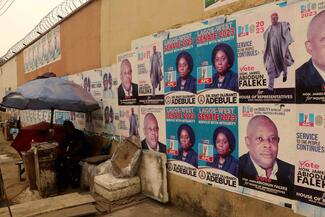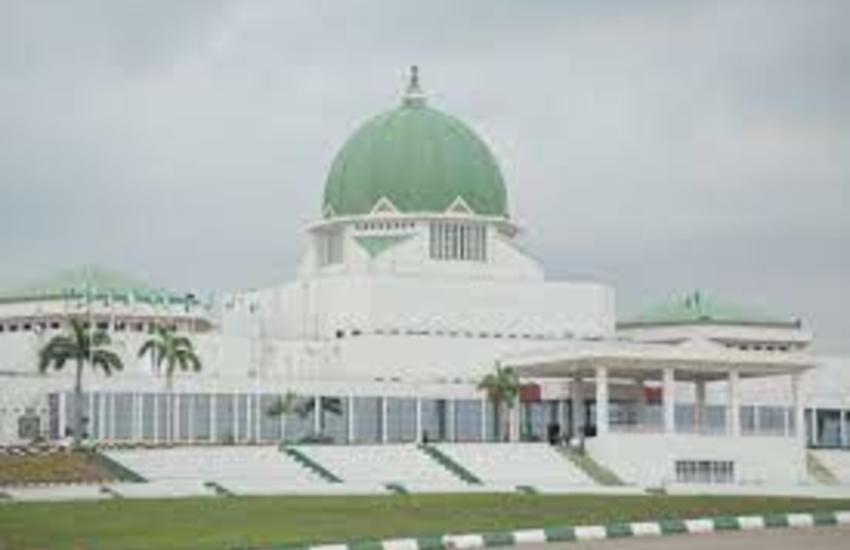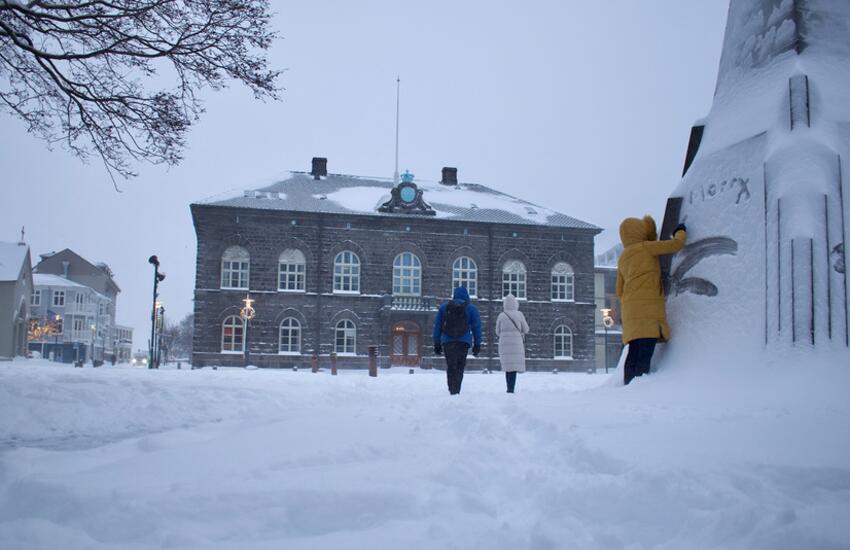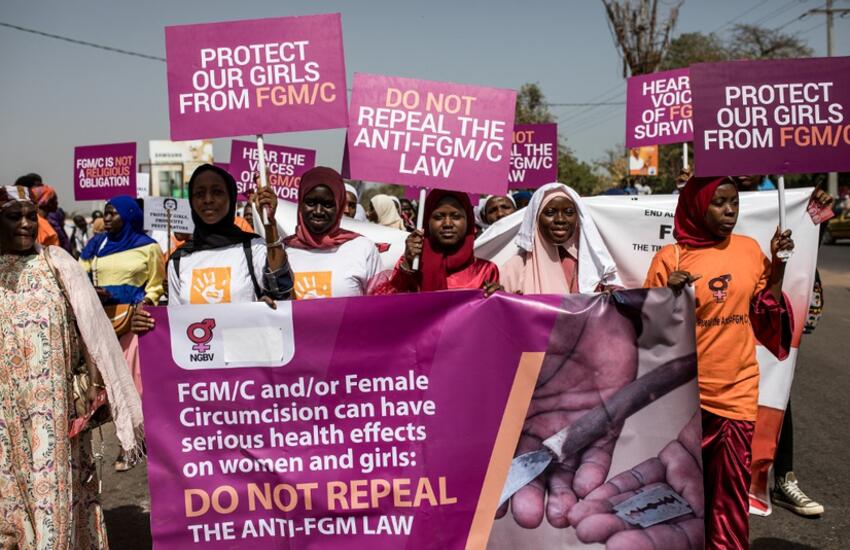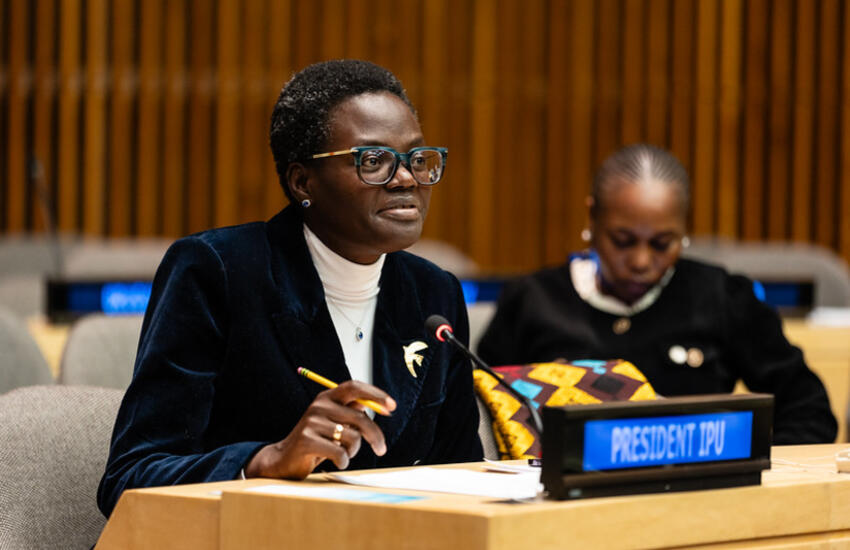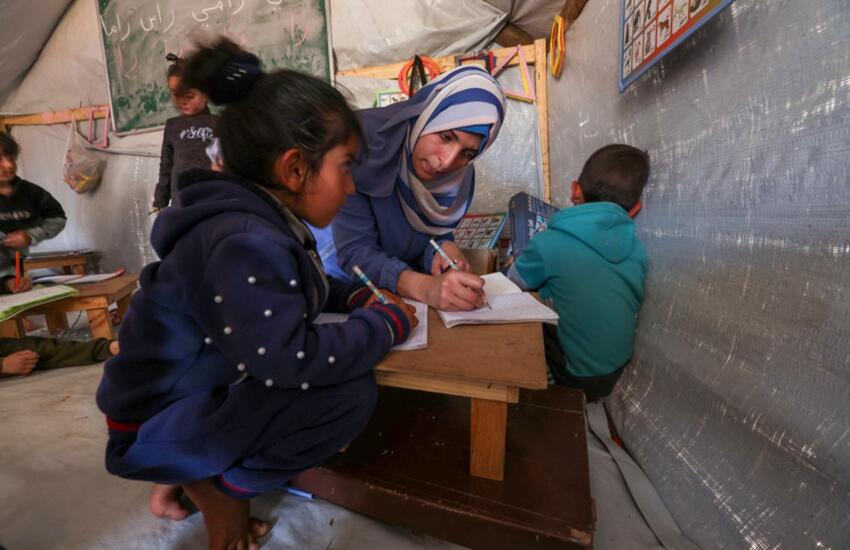Statement by the IPU Gender Partnership Group
The IPU firmly believes that the equitable participation of women in politics is essential for strong democracies and for sustainable development. We stand in support of women’s political participation and representation in Nigeria, in the lead-up to elections to the National Assembly on 25 February 2023.
However, we are disappointed that only 381 women are standing in these elections out of a total of 4,223 candidates and in 5 out of 36 states, there are no female candidates for the Senate. The road to more gender balanced political decision-making in Nigeria remains difficult especially as the 9th National Assembly failed to pass, prior to these elections, constitutional amendments aimed at enhancing women’s participation in politics.
Since 2020, the IPU has supported the National Assembly of Nigeria in identifying and considering the best means to promote more equal and inclusive representation of women in parliament, including the adoption of a quota of 30% on electoral lists, the electoral reform measures and the civic orientation programmes that were identified as priority actions ahead of the 2023 elections. The IPU has also facilitated peer to peer support to several women MPs from Nigeria from other women parliamentarians abroad, including on experiences in advancing women’s political participation and on combating violence against women in politics. Dialogues with a group of MPs from other countries were held through IPU leadership structures in order to identify barriers and ways to overcome them in advance of the elections.
Although the transformative measures hoped for to enhance women’s participation have not yet seen the light of day, we recognize that change requires time, as well as resolve and sustained efforts. The IPU therefore stands ready to continue supporting the National Assembly of Nigeria in improving the representation of women, which is one of the lowest in the world with only 3.6% in the House of Representatives and 7.3% in the Senate, well below the global average of 26.5%.
For now:
- We urge Nigerian stakeholders to use the current electoral process to raise public awareness about the importance of women’s participation in elections, and in parliamentary membership and political leadership.
- We call for respect for women candidates and for the firm condemnation and punishment of any acts of sexism, harassment, discrimination and violence against them.
In the future:
- We hope that political will, legal reforms and the mobilization of political decision makers jointly with civil society can further open the way for more women into parliament and into politics, in order to promote inclusion and, in doing so, to help strengthen the democratic system of Nigeria.
- We call for the adoption of ambitious, well-designed and enforceable measures, such as gender electoral quotas, in order to enhance women’s future representation in the National Assembly.
- We urge political parties to enhance inclusion of women by taking steps to increase the number of women on their lists, in their membership and in key positions in their leadership structures.
It is time for Nigeria, that has one of the largest parliaments in Africa (the largest of West Africa), to take a leadership role for greater equality in politics.
The IPU Gender Partnership Group fosters collaboration between men and women MPs as they work together for democracy. The Gender Partnership Group is part of the Executive Committee, which reports to the Governing Council, the main decision-making body of the IPU. Its current members are Mr. Ali Rashid Al Nuaimi (United Arab Emirates), Ms. Adji Diarra Mergane Kanouté (Senegal), and Ms. Lesia Vasylenko (Ukraine).





